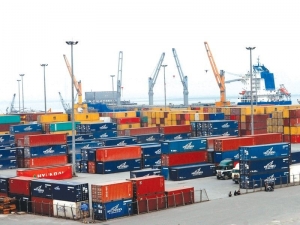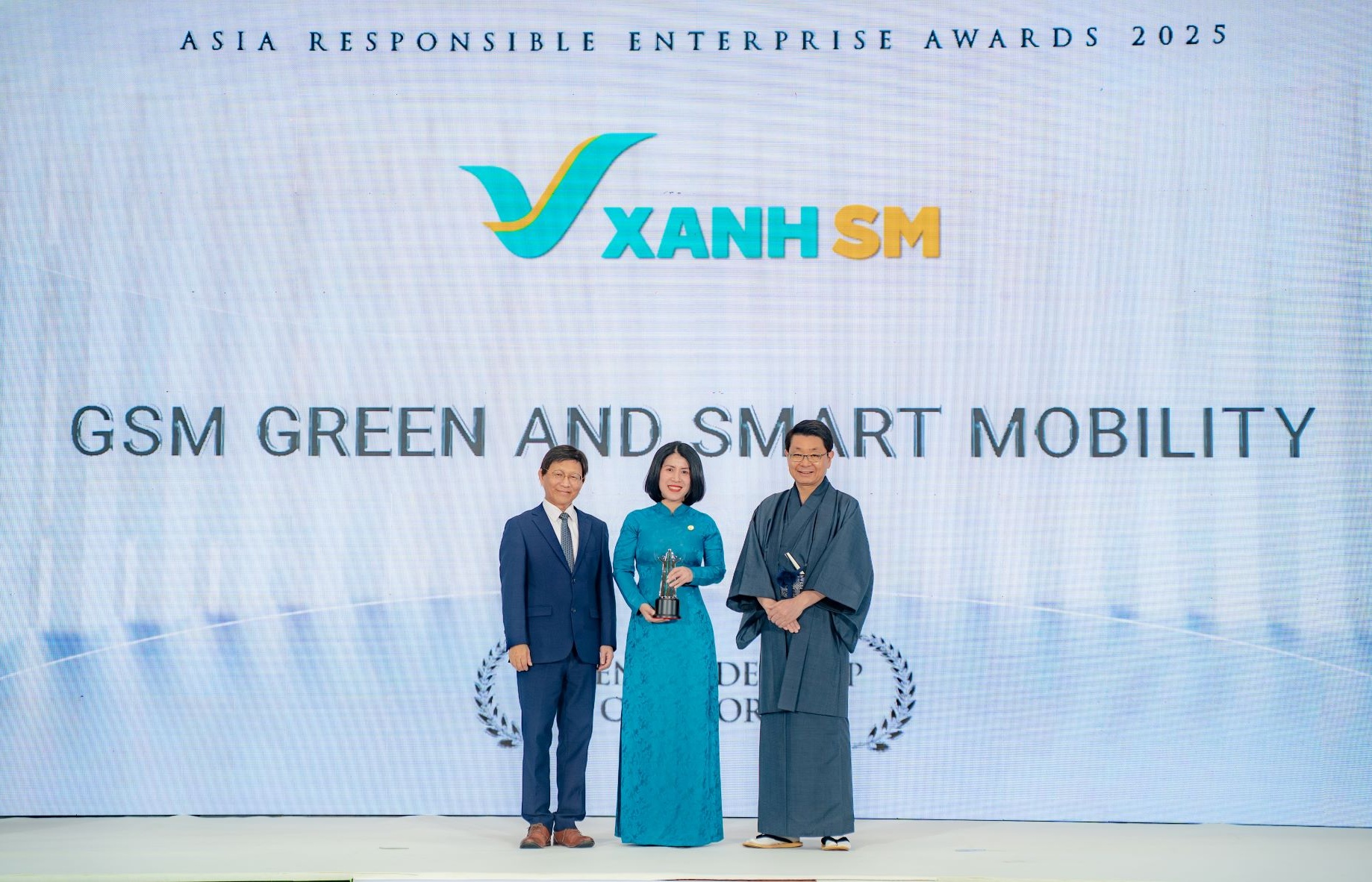Vietnamese firms stepping up amid US tariff challenges
 |
Following the US announcement of 46 per cent reciprocal tariffs in April, Vietnamese businesses have been taking steps to manage the impact. Despite the uncertainty, 60 per cent of firms remain optimistic about the year ahead, and 46 per cent plan to accelerate overseas expansion, according to the study.
The 90-day pause by the US government has allowed time for trade negotiations, enabling companies to act swiftly to stabilise supply chains and control rising costs. About 52 per cent expect significant increases in raw material and production costs, while 30 per cent anticipate higher inflation. To cope, businesses are diversifying suppliers, boosting localisation, and reducing reliance on the US market. Nearly 70 per cent foresee growth in intra-ASEAN trade, highlighting the region’s rising importance.
In addition, firms are doubling down on digitalisation and sustainability as key strategic pillars. 61 per cent and 56 per cent of Vietnamese businesses, respectively, plan to step up their efforts in these areas. While digitalisation is expected to enhance operational efficiency and improve customer experience, adopting sustainability practices can help businesses attract investors and strengthen their corporate reputation, factors that are increasingly important in navigating the uncertainties brought about by the US tariffs.
Beyond self-driven initiatives, businesses in Vietnam are also seeking support from the government and financial institutions to tide them over the current challenges. In the near term, financial assistance remains a critical need – 73 per cent of firms are looking for financial relief to cushion the impact of the tariffs, while 65 per cent hope for targeted subsidies or tax exemptions for the most affected sectors.
From a strategic standpoint, businesses are also calling for longer-term support, including bilateral trade agreements with key markets and assistance with supply chain relocation. These were cited by 62 per cent of the study's respondents.
Lim Dyi Chang, head of Commercial Banking at UOB Vietnam, expressed confidence in Vietnam’s economic prospects, despite recent concerns over tariff-related uncertainties.
"The country’s sound fundamentals, recent policy reforms and the swift actions taken by the business community are encouraging. These developments also present an opportunity for Vietnamese firms to recalibrate their strategies – to reduce over-reliance on individual export markets and to tap into the growing strength of intra-ASEAN trade. As highlighted in our Business Outlook Study, strategic adaptability will be a key differentiator for enterprises in this evolving landscape," he said.
 |
Interest in overseas expansion remains robust among Vietnamese firms, with nearly 90 per cent looking to grow beyond local borders, primarily to drive revenue and profitability. Post-tariffs, 46 per cent of businesses expect to accelerate their expansion efforts.
ASEAN continues to be the top region of interest, both in 2024 and over the next one to three years, with Thailand and Singapore emerging as preferred destinations. Beyond Asia, Europe has also gained prominence, with one in four businesses identifying it as a key market for current and future expansion.
The study highlights top barriers to overseas expansion, including finding the right business partners, limited funding or regulatory support, and a lack of market information and collaboration. Businesses are seeking support in the form of connections to large corporations that can serve as anchor clients (45 per cent), tax incentives or rebates (43 per cent), and funding and grants for market entry (41 per cent).
Supply chain management remains a top priority for 90 per cent of businesses in Vietnam, as geopolitical uncertainties continue to pose risks. The three key challenges identified include rising supply costs, disruptions to existing supply routes, and inventory management issues.
To address these concerns, Vietnamese firms are diversifying their supplier base, digitalising supply chain processes, and strengthening supplier relationships. There is also a growing emphasis on localisation, with companies sourcing and operating closer to home to improve supply chain stability. In 2024, 72 per cent of businesses sourced from domestic suppliers, 67 per cent from within ASEAN, and 43 per cent from China.
The main research for the UOB Business Outlook Study was conducted in January, surveying around 4,200 businesses across ASEAN and Greater China, including 532 from Vietnam. Following the announcement of US tariffs, a follow-up dipstick survey was conducted from April 9-12 with approximately 800 businesses.
 | Logistics solutions pave the way for exporters amid tariff pressures Vietnamese authorities and international partners have emphasised strategic logistics reforms and enhanced cooperation as essential measures for exporters to overcome tariff pressures and build resilient, sustainable supply chains. |
 | Vietnam making headway in US tariff talks At the National Assembly meeting session on June 20, Deputy Prime Minister Nguyen Hoa Binh revealed the prospects for tax negotiations with the US are positive, and the government is doing the utmost to avoid a 46 per cent tax rate. |
 | Vietnamese businesses navigate US tariffs As US tariffs continue to pressure global trade, Vietnamese businesses are undergoing a comprehensive transformation, from supply chains and production to markets and services, to adapt and stay competitive. |
What the stars mean:
★ Poor ★ ★ Promising ★★★ Good ★★★★ Very good ★★★★★ Exceptional
 Tag:
Tag:
Related Contents
Latest News
More News
- Wood sector no stranger to adversity (June 26, 2025 | 14:00)
- Vietnam Airlines sets ambition targets for 2025 (June 26, 2025 | 11:06)
- FMCG groups seek ASEAN activity (June 26, 2025 | 10:11)
- Technical mastery offered with nation’s ASF vaccine production (June 26, 2025 | 09:56)
- Private groups aided through new policies (June 26, 2025 | 08:00)
- ASEAN non-tariff barriers in focus at VIR conference (June 25, 2025 | 18:04)
- Efforts aim to ease enterprise headaches (June 25, 2025 | 10:21)
- Fresh visions set for private pharma firms (June 25, 2025 | 09:08)
- Portfolio overhauls illustrate Vietnam’s potential (June 25, 2025 | 08:59)
- FPT AI factories named among TOP500 world’s fastest supercomputers (June 24, 2025 | 16:26)

























 Mobile Version
Mobile Version